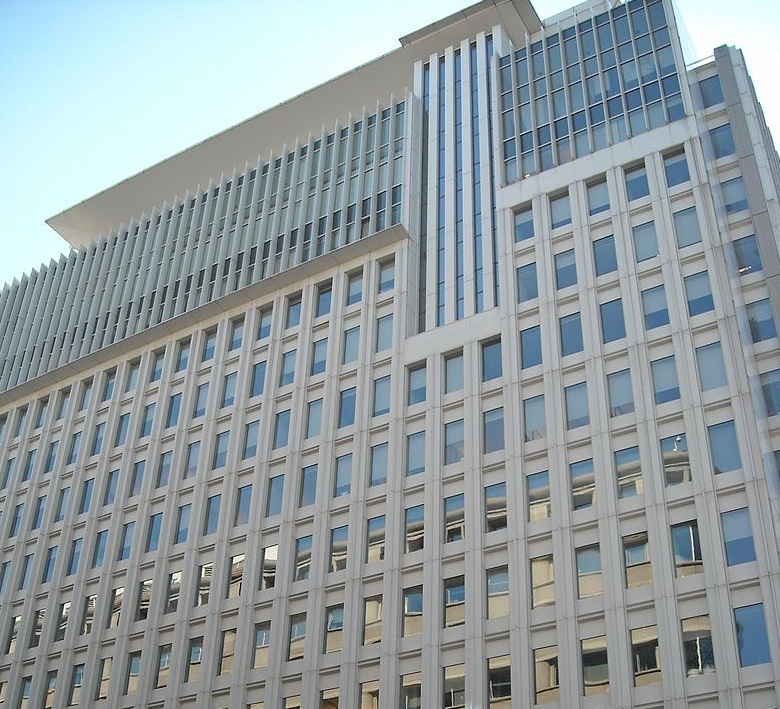The International Finance Corporation (IFC), part of the World Bank, has agreed to help the Afghan government tender for and develop a 40 MW solar power project planned for an unidentified location in Afghanistan.
The project, the IFC said, will be developed through a public-private partnership (PPP). Its PPP advisory experts will help the Afghan government design and competitively tender the project, helping attract solar companies to develop it.
Costs for IFC activities related to the PV plant will be covered by the U.K. Department for International Development through DevCo, a multi-donor facility affiliated with the Private Infrastructure Development Group, and led by the Global Infrastructure Facility.
The IFC said the project is part of Afghanistan’s plan to deploy around 2 GW of solar to increase access to power. Only 28% of Afghanistan's population are grid connected, one of the lowest rates in the world.
The 40 MW solar project, according to the IFC, is expected to more than double the country’s installed solar capacity.
The Ministry of Energy and Water of Afghanistan (MEW) has issued a series of tenders for hybrid solar plants in recent months, the latest of which was in June, for a 5 MW facility. The MEW had also tendered three more hybrid solar projects, totaling 65 MW, in September 2017.
The ministry wants to install 500 MW of PV plants by 2020, with the nation’s renewable energy policy targeting 4-5 GW of new renewable capacity by 2030.
This content is protected by copyright and may not be reused. If you want to cooperate with us and would like to reuse some of our content, please contact: editors@pv-magazine.com.




By submitting this form you agree to pv magazine using your data for the purposes of publishing your comment.
Your personal data will only be disclosed or otherwise transmitted to third parties for the purposes of spam filtering or if this is necessary for technical maintenance of the website. Any other transfer to third parties will not take place unless this is justified on the basis of applicable data protection regulations or if pv magazine is legally obliged to do so.
You may revoke this consent at any time with effect for the future, in which case your personal data will be deleted immediately. Otherwise, your data will be deleted if pv magazine has processed your request or the purpose of data storage is fulfilled.
Further information on data privacy can be found in our Data Protection Policy.